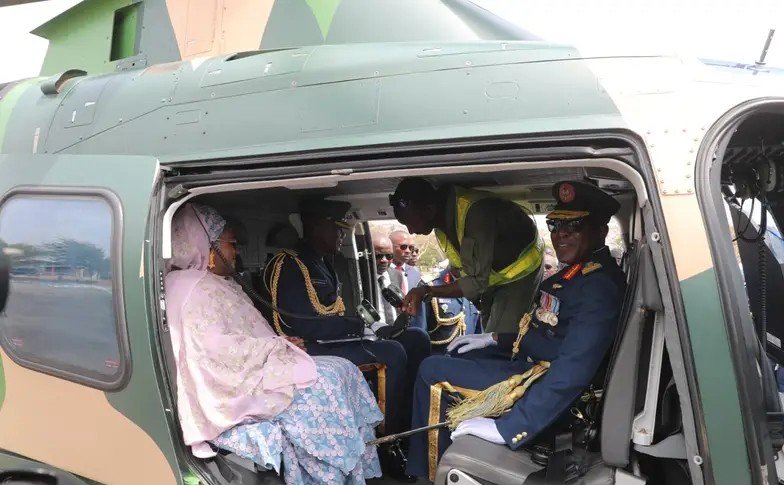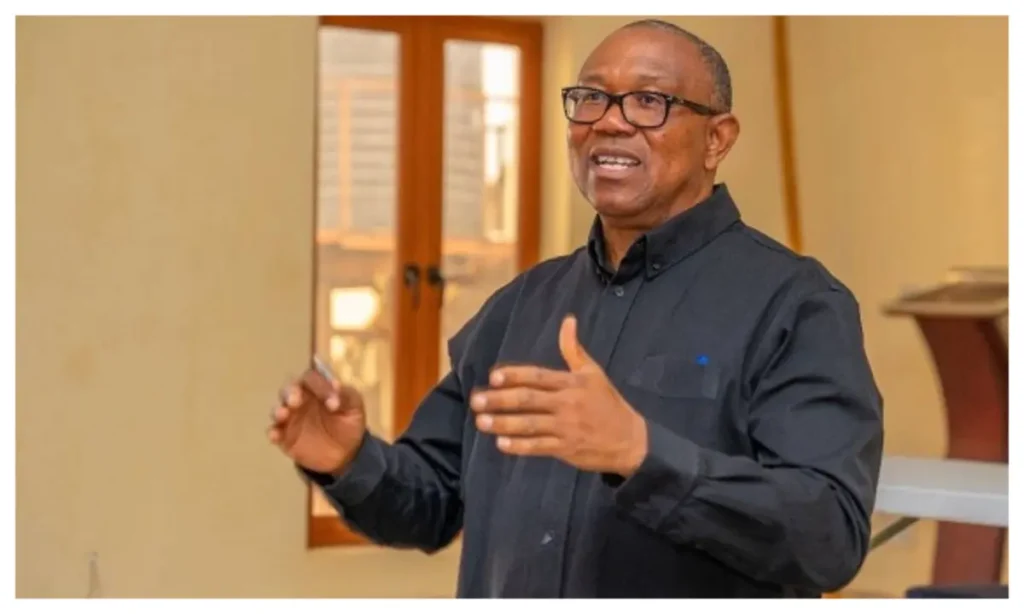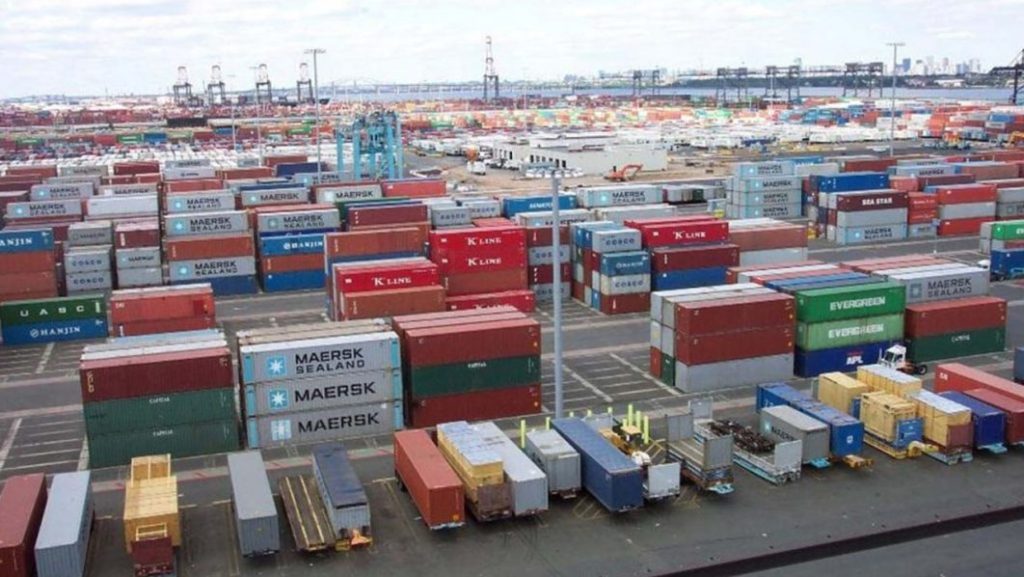Africa50, an infrastructure investment platform backed by African governments and the African Development Bank (AfDB), has surpassed $1.4 billion in managed assets, cementing its role as a catalyst for the continent’s infrastructure transformation. The milestone, announced at its 2025 General Shareholders Meeting in Maputo, Mozambique, highlights the organization’s rapid growth from a single-employee initiative to a pan-African force with 100 staff and 37 shareholders spanning 33 countries.
Mozambican President Daniel Chapo, addressing attendees including AfDB President Dr. Akinwumi Adesina and global development leaders, emphasized Africa50’s alignment with national ambitions. “Africa50 is a key partner in our vision to become a logistics and energy hub,” he said, noting the platform’s role in converting ideas into job-creating projects and revenue streams for sustainable development. Chapo praised Adesina’s leadership, describing Africa50 as emblematic of a self-reliant Africa fostering shared prosperity.
Adesina, who chairs Africa50’s board, revealed that the platform’s portfolio companies now exceed $8 billion in value, addressing a fraction of Africa’s $170 billion annual infrastructure funding gap. “In eight years, Africa50 has redefined infrastructure financing through innovation,” he said, underscoring its Africa Infrastructure Acceleration Fund, which attracted $275 million from over 20 institutional investors—a record show of confidence in African infrastructure. CEO Alain Ebobissé stressed urgency, stating, “Africa must lead in closing its infrastructure gap, partnering globally but acting locally with agility.”
The meeting saw Africa50 formalize partnerships to expand its impact. Agreements with Mozambique’s state power utility aim to develop three transmission lines, advancing the nation’s goal of universal electricity access by 2030 and regional energy exports. A separate deal with Mozambique’s digital ministry will modernize data infrastructure in Maputo. Pan-African initiatives included a $115 million first close for the Alliance for Green Infrastructure in Africa (AGIA) and a framework with the African Continental Free Trade Area (AfCFTA) to finance trade-enabling projects.
These efforts complement broader AfDB investments in Mozambique, totaling $1.6 billion over the past decade. Key projects include a $400 million stake in a $20 billion liquefied natural gas plant and a rural electrification initiative connecting 45,500 households. AfDB support has doubled Mozambique’s energy access rate since 2018, while agricultural and transport investments bolster regional trade under AfCFTA.
As Adesina prepares to conclude his decade-long AfDB presidency in 2025, he highlighted institutional milestones: a tripling of the Bank’s capital to $318 billion, AAA credit ratings, and the African Investment Forum’s mobilization of $225 billion in investor interest. “Closing Africa’s infrastructure gap demands unity,” he said, likening partnerships to “gathering around the Baobab tree of opportunity.”
With Africa50 positioned as a bridge for global capital, Adesina reaffirmed his commitment: “I will not step back but step forward in unlocking resources for Africa’s future.” The platform’s trajectory—from modest origins to shaping energy, digital, and trade networks—reflects a growing continental resolve to drive development through collaboration and scaled investment.



